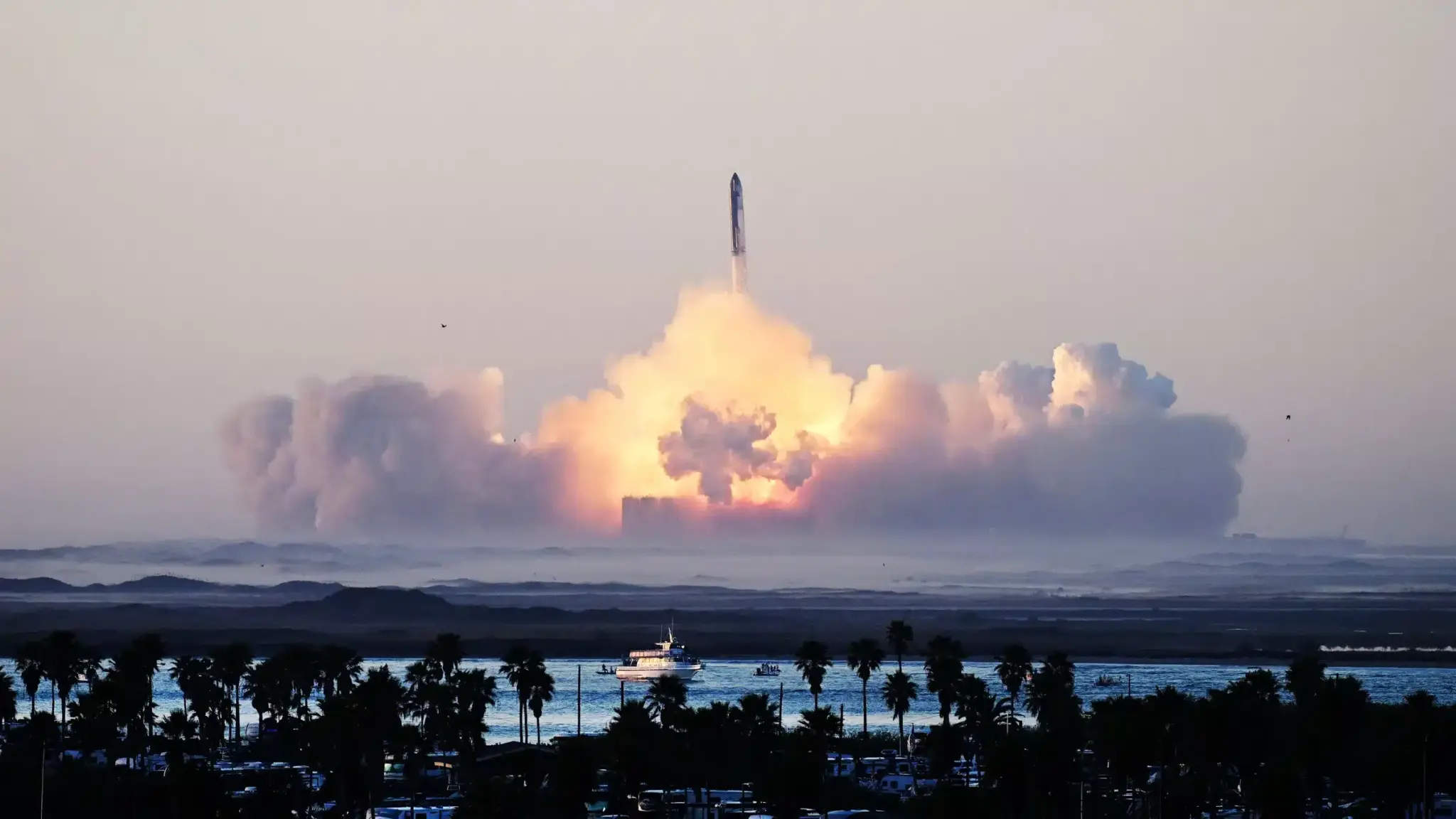SpaceX’s visionary plans to send humans to Mars are moving forward with ambitious targets, but one striking aspect is the lack of a guaranteed return trip for the first Mars settlers. Led by CEO Elon Musk, SpaceX is developing a colossal rocket and spacecraft system, named Starship, with the aim of transporting over 100 people alongside substantial cargo to the Red Planet. This initiative represents a giant leap towards making human life multiplanetary.
At the heart of SpaceX’s Mars architecture is a booster equipped with 42 Raptor engines, capable of delivering unprecedented thrust and carrying significant payloads into orbit. The spacecraft, designed for large crews, can transport up to 450 tons to Mars, dependent on in-orbit refueling. Impressively, it’s engineered to land on and take off from Mars independently, leveraging Mars’ resources to produce propellant for return journeys.
The cost and logistical challenges of such missions are immense. Musk’s plan intends to drastically reduce the cost of interplanetary travel to below $200,000 per person, a figure that aims to make the establishment of a self-sustaining Martian civilization feasible. SpaceX’s approach incorporates reusable technologies, in-orbit refueling, and on-site resource utilization to achieve this goal.
SpaceX’s timeline for its Mars venture is aggressive yet tentative, with Musk expressing hope for the first crewed mission to Mars by the mid-2020s. However, he acknowledges the optimistic nature of this timeline and the possibility of delays. The company is dedicating a modest but growing portion of its resources to this endeavor, with expectations to increase its investment over time.
Critically, the narrative around SpaceX’s Mars missions has focused on the pioneering aspect and the technological marvels involved, rather than the practicalities of returning the first settlers. While the infrastructure and technologies for a return trip are part of the long-term plan, the initial focus appears to be on establishing a foothold on Mars, leaving the question of when the first humans might return to Earth open-ended. This ambitious endeavor underscores the challenges and uncertainties of human space exploration, highlighting both the potential for breakthroughs and the monumental tasks of ensuring safety and sustainability in the hostile environment of Mars.






























